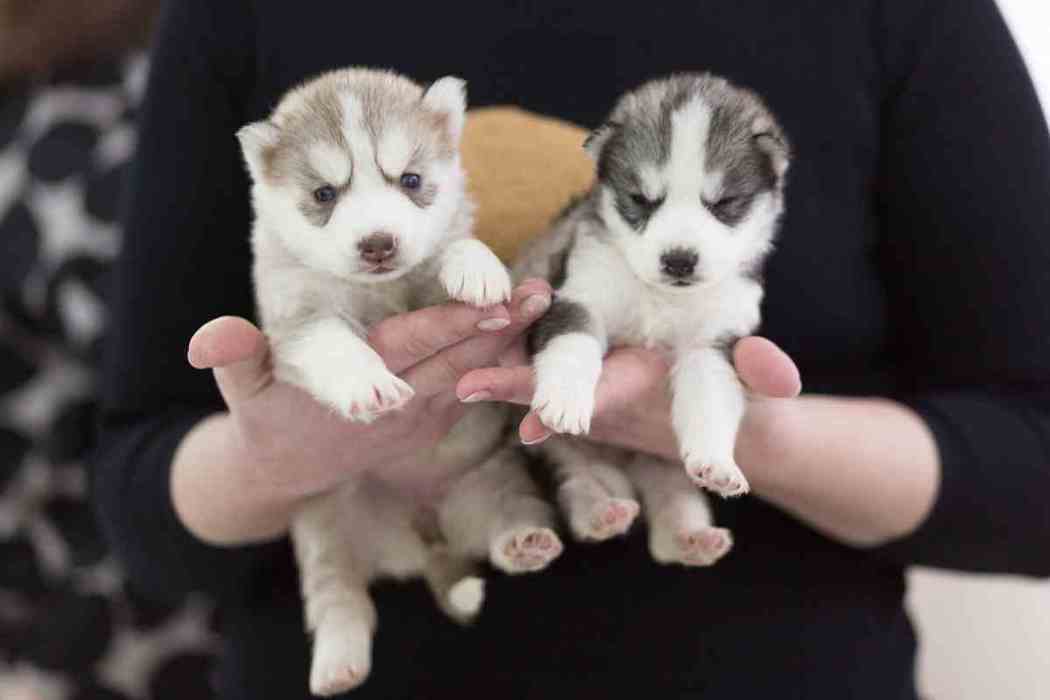Table of Content
It could take as long as an hour before the kibble is at the correct consistency. Another choice is to dampen the kibble first, at that point break every kibble piece down the middle by hand. This strategy could get tedious, so you may want to crush the dry kibble.
White-winged dove that I rescued from certain death and rehabilitated. Try to keep your bird in a warm, stress-free environment. Feed the bird small, pea-sized pieces of the now-spongy kibble. Remember to provide specific information about where the bird was found.
The Miracle Nipple Syringes: A Set Of Tools To Help Mothers Struggling With Breastfeeding
Keep cords (electrical, blinds, curtains, etc.) away from bird cages. Birds are naturally curious and use their beaks to explore and will chew on anything they can reach. Electrical cords can result in electrocution if chewed, while blinds or curtain cords could cause strangulation or amputation. If you prefer a more traditional method of lining your bird's cage for waste removal, line the bottom of the cage with wood chips, kitty litter, or sand.

However, if you must leave your parakeet alone, be sure it has sufficient water, food, and mental stimulation to keep it entertained. You can include puzzles, chew toys, background music, or other toys to help keep your bird stimulated in your absence. If it was only 1 or 2 days then that's fine but 4 days is way too long. The reason you can't leave them for 4 days is because they need to have fresh water every day which means you have to change the water every day.
Feeding Time Can Get a Bit Messy
A mother bird can fly in and out of the nest after feeding in as little as seconds. A baby parakeet will leave his mother at around 7-8 weeks old. Younger babies may stay with their mothers for a little bit longer, but eventually they'll suffspe out and be on their own. It really depends on the individual bird and the factors mentioned above.
Put finch seed in a shallow tray or dish, and show/offer it to your bird once in a while. Line the floor with paper towels rather than newspapers, which can make their feet dry. Doves are ground feeders, so remove the bottom of the cage so they can walk on the floor of the cage. Clean and replace water and seed feed every other day. Remove and/or replace all uneaten food within three hours to prevent bacteria or mold growth. At this time, you can squirt the formula into its mouth a little at a time using the dropper.
Guide on how to take care of a baby dove bird
The easiest way to do that is to clean the cage every couple of days. There should be two or three perches inside a conure cage that are of different thicknesses and materials. Be sure to place the perches at different heights to give your conure some changes of scenery.
It’s best to line the floor of the cage with a paper liner. Alternatively, you can use some birdcage bedding. To ensure your conure gets enough sleep, put a cage cover on the cage at night. Conures are personable, friendly, and playful birds.
Move closer each day and present sunflower seeds from your hand. Once they're comfortable with you, you will use these sunflower seeds to entice them into eating straight from your hand. As a rule of thumb, you should not feed anything. But if you find an orphaned bird and can’t reach a rehabber it can be necessary.
Make sure the food you give to baby birds is simple to consume for them. Every backyard birder has seen their young starving in the midst of the commotion. It is critical to understand the diets of a budding animal. If you come across a baby bird that appears to require food, you should contact an appropriate bird rescue organization. Adult birds’ nutritional needs differ significantly from those of baby birds. You should refrain from feeding young budding birds the same foods you would feed to your backyard birds.
Most lovebirds love a bath either in a flat earthenware dish or by spraying them with a light mist of lukewarm water. If you use a bathing dish, you will see the birds perch on the edge and dip their heads and upper bodies in the water and beating their wings. They prefer this kind of bath to getting into the water. If your baby bird is not drinking or eating, you should take it to the veterinarian or a bird expert. Birds must consume water in order to survive, and if they do not, they may lose weight and even die. A baby bird needs to be fed every 2-3 hours for the first week of its life.
If you see a dehydrated baby bird, it is critical to bring it to a wildlife rehabilitation facility. A typical bird can survive for up to 48 hours without food or water. Babies, as well as their parents, should not be fed spoiled, cold, or old food.
Please, please, please find someone to watch them or just don't go. It depends on the bird's age and size, but generally it isn't recommended to leave a baby parakeet alone for more than hours. Birds are social creatures and suffer when kept without companionship.

A good rule of thumb is to start with shorter periods of time and increase as needed. Once you know your bird well, you will have a better idea of how long it can handle being alone. First remove the bird and place it in another cage. Then remove the tray liner or bedding and all toys.

No comments:
Post a Comment